Features
- Grammy Award-winning technology.
- Exceptionally musical and intuitive note-based way of working.
- The algorithms Melodic (with Sibilant Detection), Percussive, Universal.
- Macros for optimizing intonation, timing quantization, and levelling.
- The Chord Track and Chord Grid with automatic chord recognition.
- Tempo detection.
- Inspectors for quick access to all parameters.
- Full compatibility: VST3, AU, AAX, stand-alone.
- Integration via ARA Audio Random Access (depending on the DAW).
New in Melodyne 5
New technologies, for better results in less time. Thanks to the fundamentally improved “Melodic” algorithm, Melodyne makes your vocal editing even better than before. With perfect, natural corrections at the press of a key. Thanks to the Chord Track, you can adapt notes with lightning speed to suit the song – chord recognition included. And with the unique Fade Tool, you can create note-based fades – even in polyphonic recordings and samples.
All this is new:
- The ability to edit pitched and noise-like components separately with the “Melodic” algorithm.
- More musical analysis of pitch deviations.
- The Chord Track and Chord Grid for pitch editing, chord recognition.
- The Fade Tool and Leveling Macro for editing dynamics.
- An additional algorithm (“Percussive Pitched”) plus other algorithm improvements.
- Search functions for keyboard shortcuts, saving of shortcut sets.
Vocals, Now Even Better
Melodyne heightens its core competence. The “Melodic” algorithm used for vocals can now distinguish the unpitched, noise-like components of a note – i.e. voiceless consonants (such as sibilants like “s”) and breath sounds – from its pitched components. Even when they coincide. And although all pitch and timing changes are implemented in a tried-and-tested manner as far as the pitched components are concerned, different rules that emulate accurately the natural behavior of the human voice govern the handling of sibilants. So now when you are working with Melodyne, you obtain the highest possible sound quality and most natural-sounding results automatically.
Pros will be relieved to discover it’s no longer necessary to isolate each individual sibilant by hand. That saves a lot of time and makes for a more meaningful display in the Note Editor. At the same time, the results sound far better, as automation works more precisely and overlaps between sibilants and pitched components are taken into account.
Sibilant detection not only yields acoustic advantages but also new creative possibilities: With the Sibilant Tool, you can adjust the balance between the sibilants and the pitched components of a note. Sibilants can be attenuated, muted altogether, emphasized or even isolated – everything is possible. So, into the bargain, you get a perfect de-esser that only affects the problem areas and has no side-effects on other components of the vocal sound.

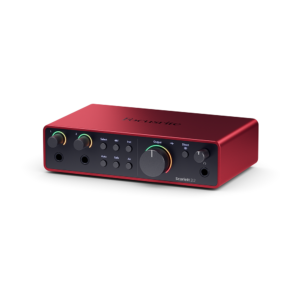
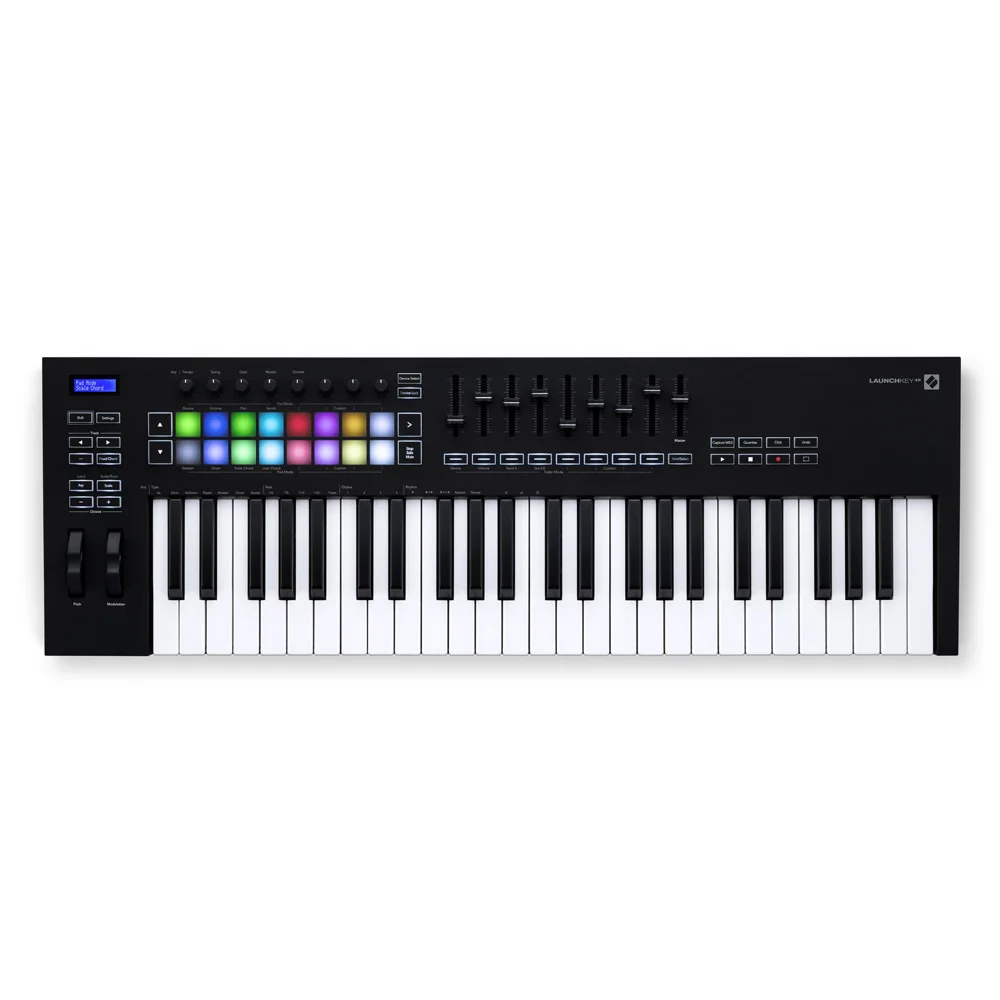
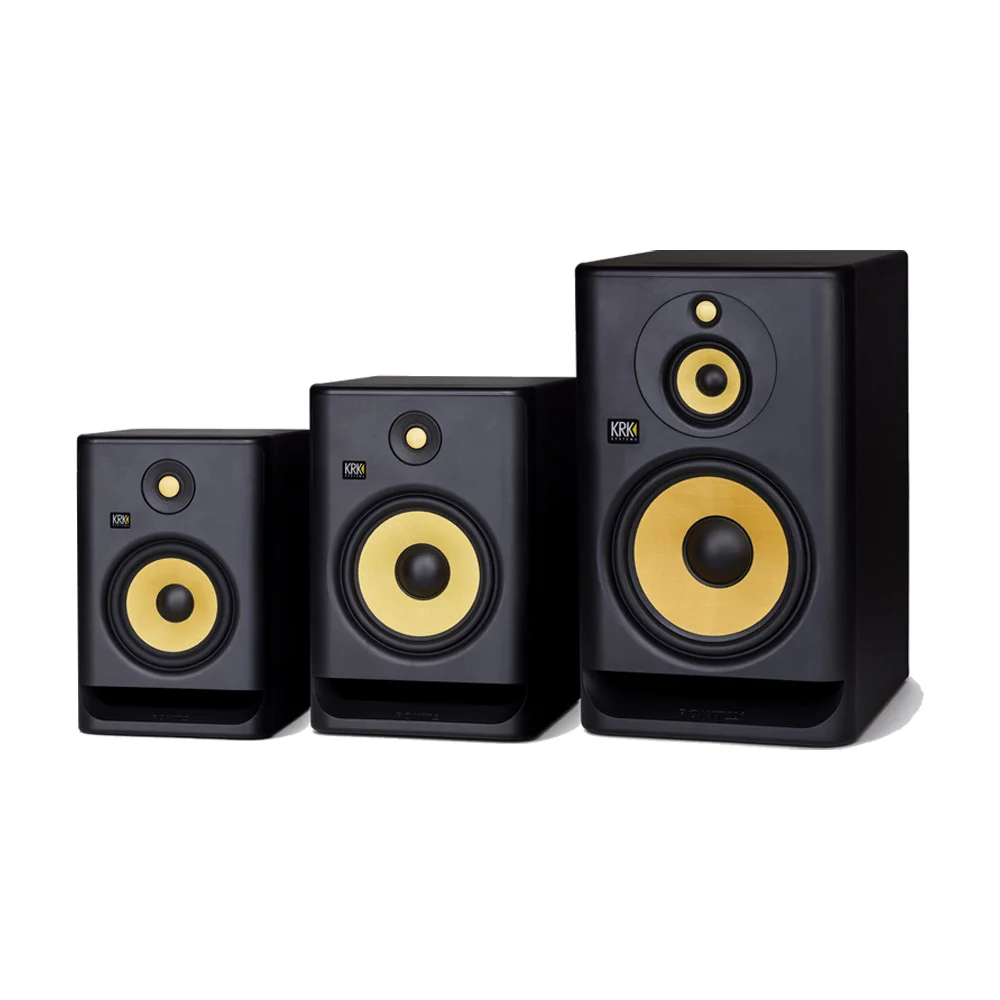
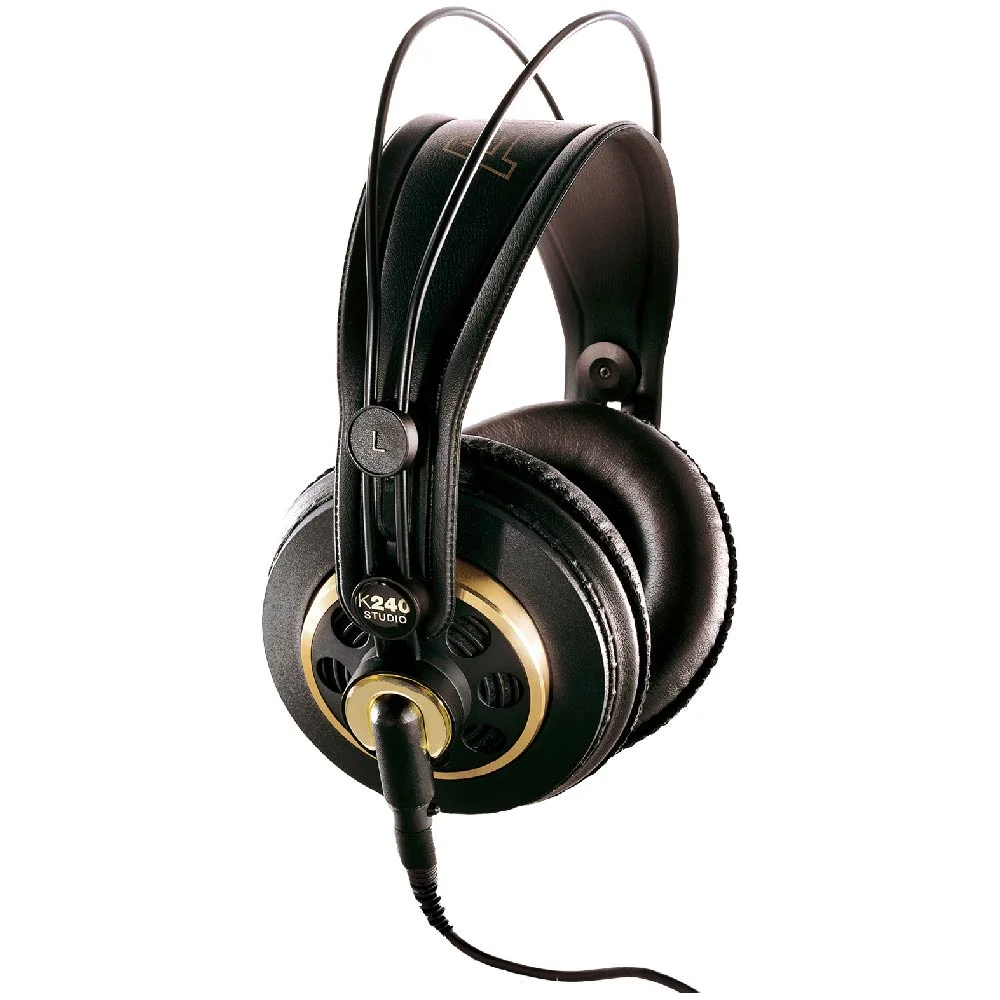
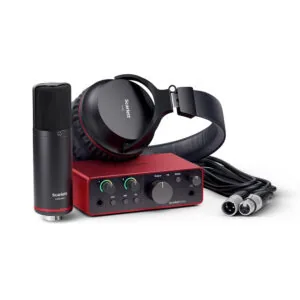
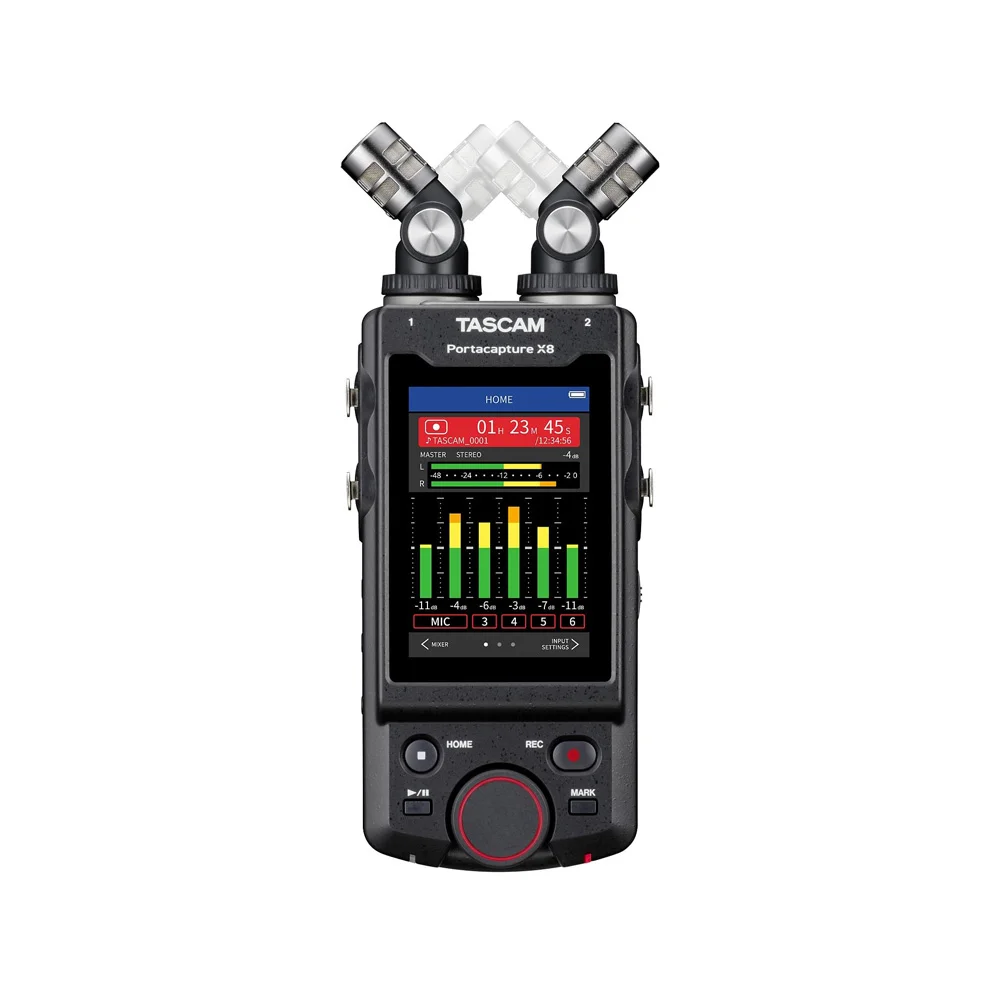
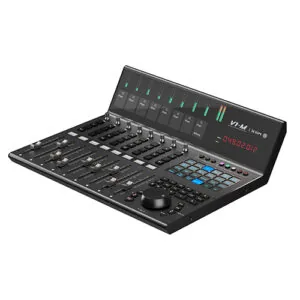
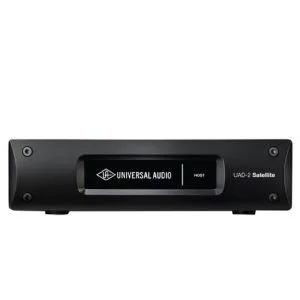
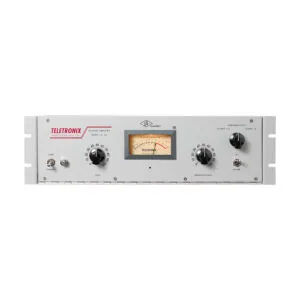
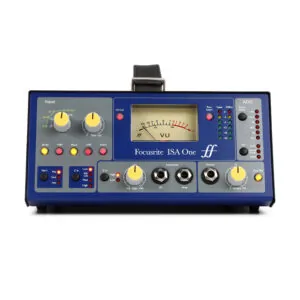

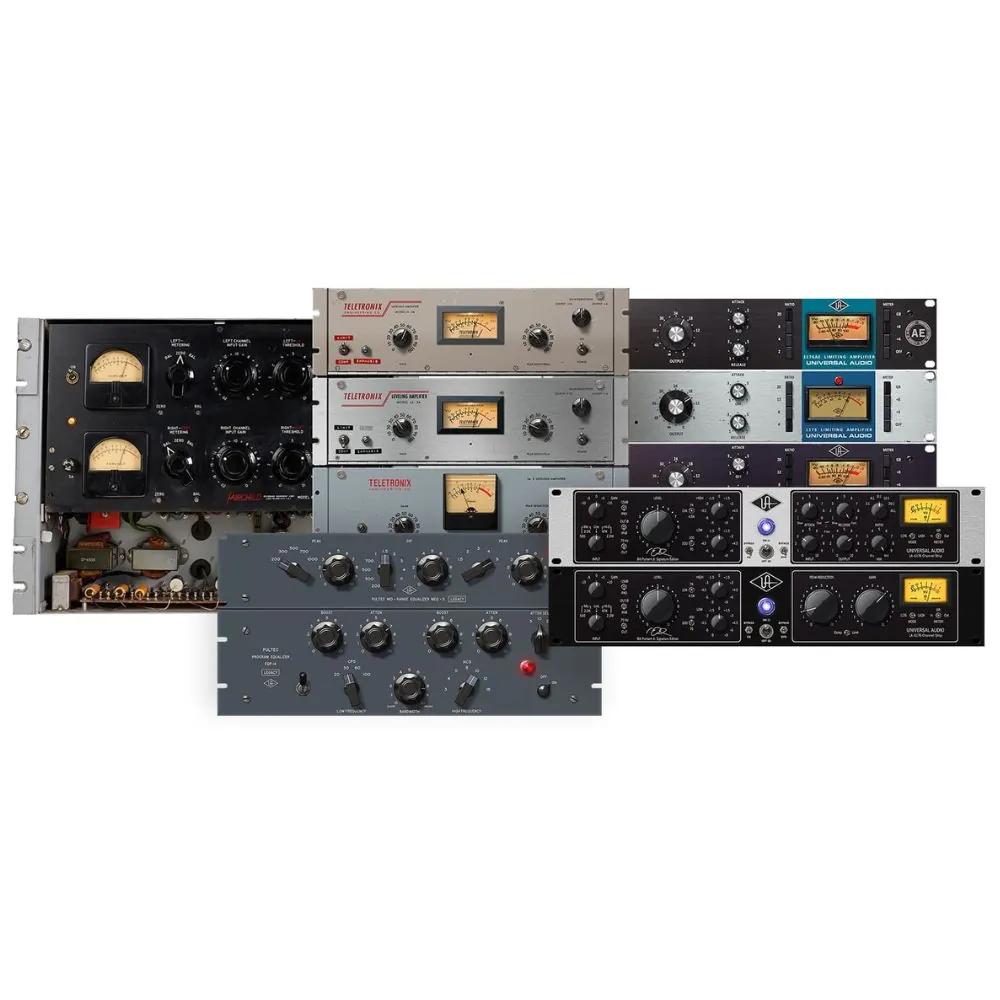

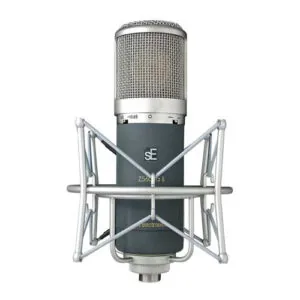



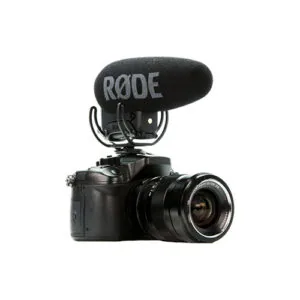

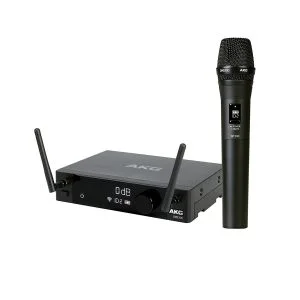
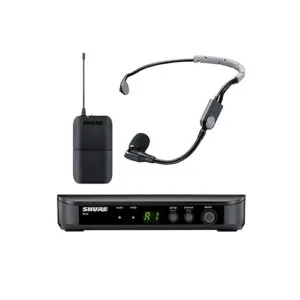
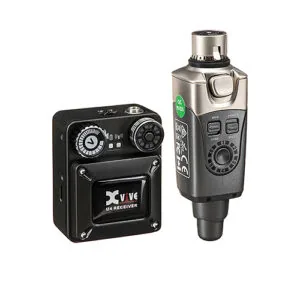
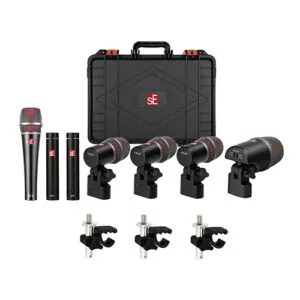
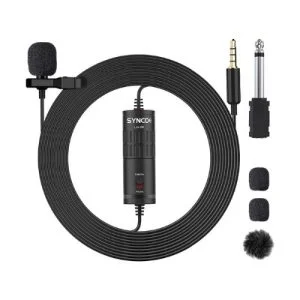
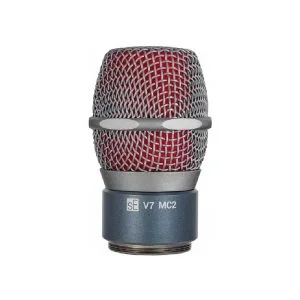
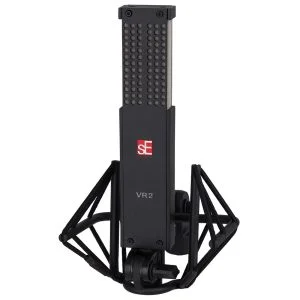
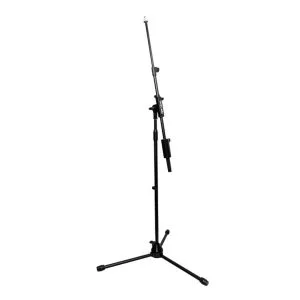
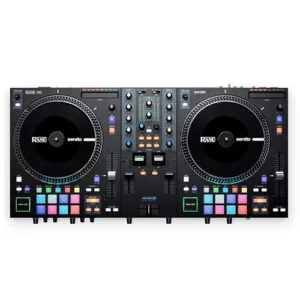




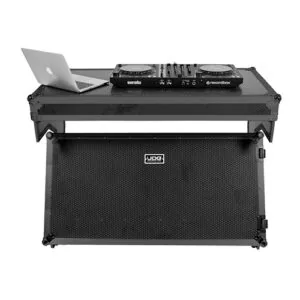

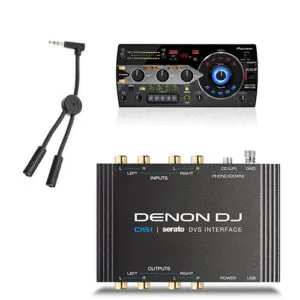


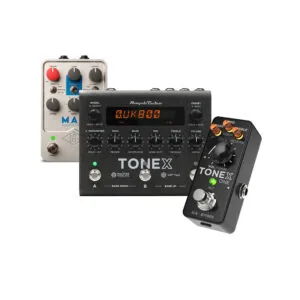

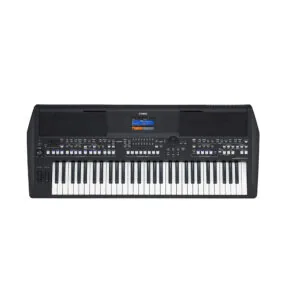
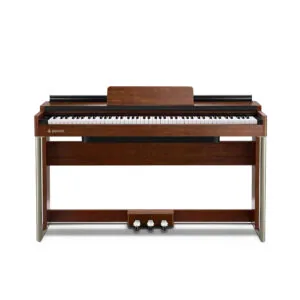
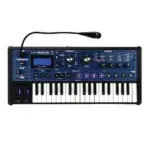

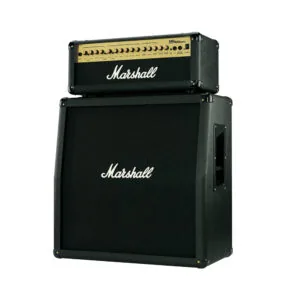
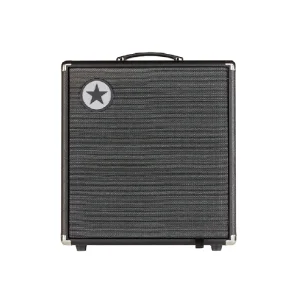
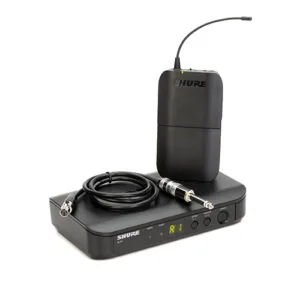
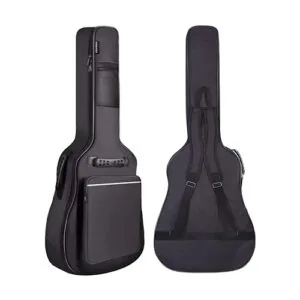

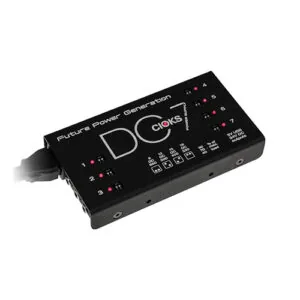



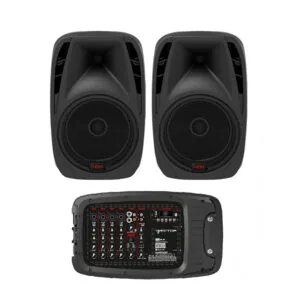
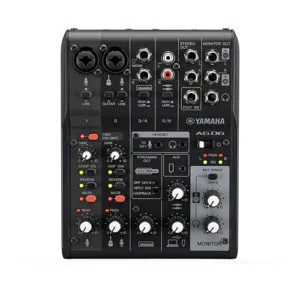
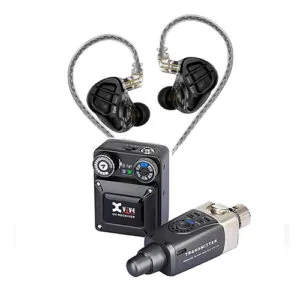



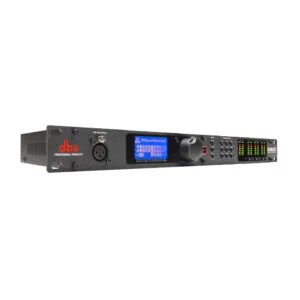
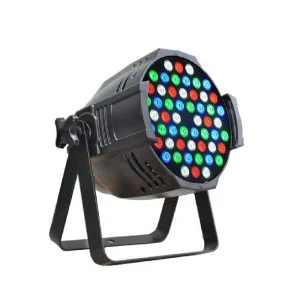
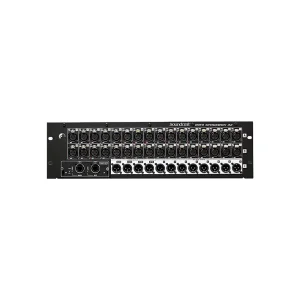


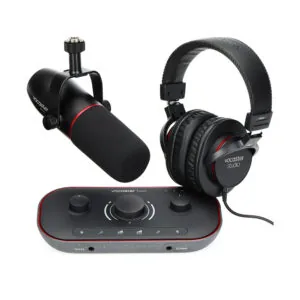
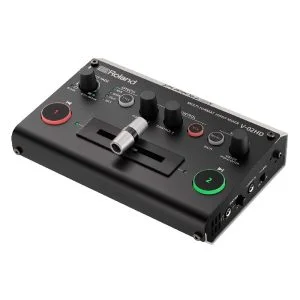
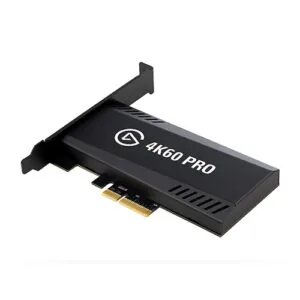
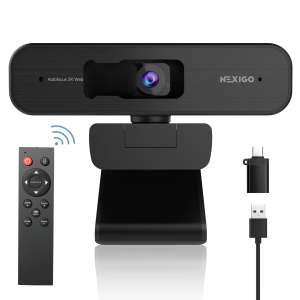
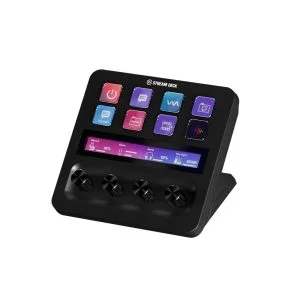


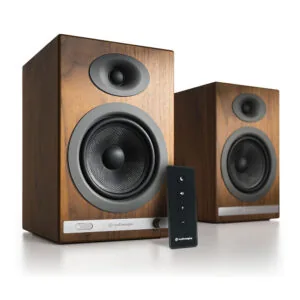
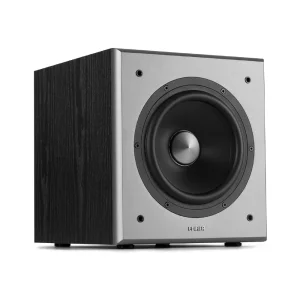
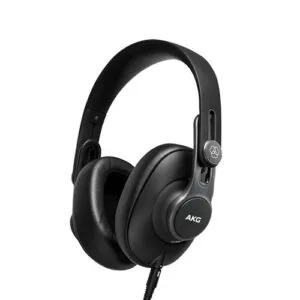
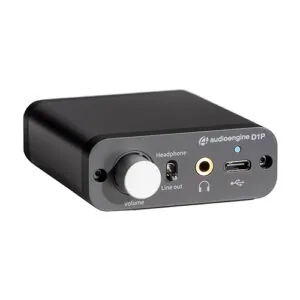

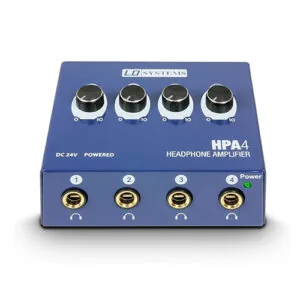
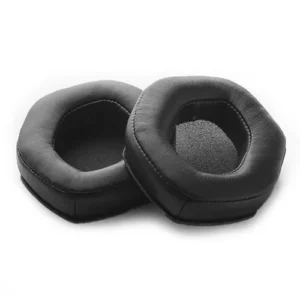
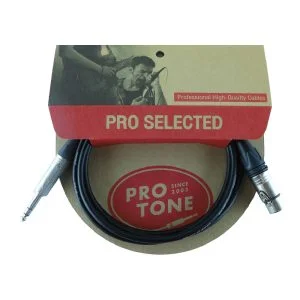
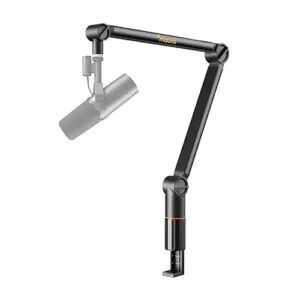
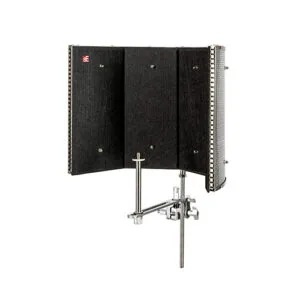
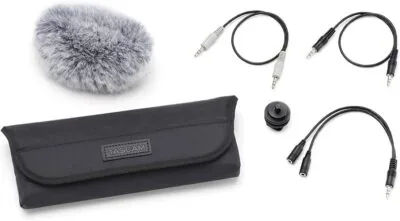
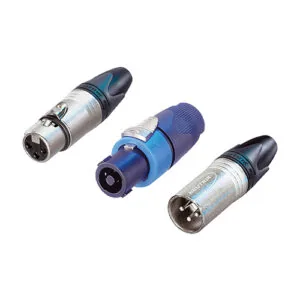

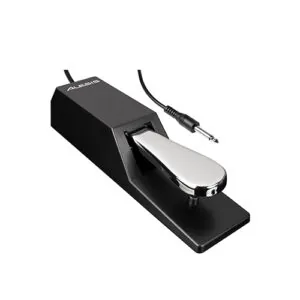

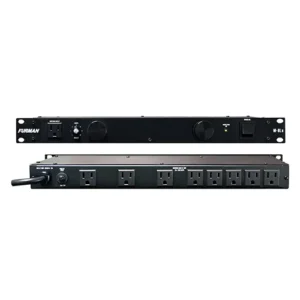
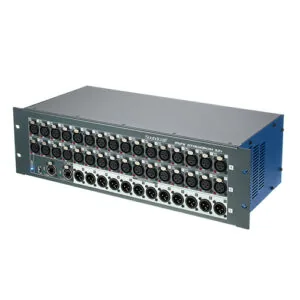
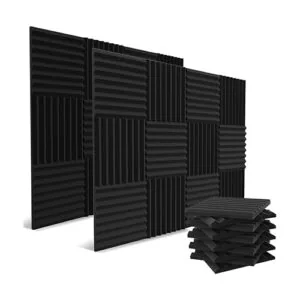
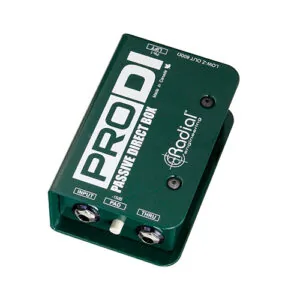


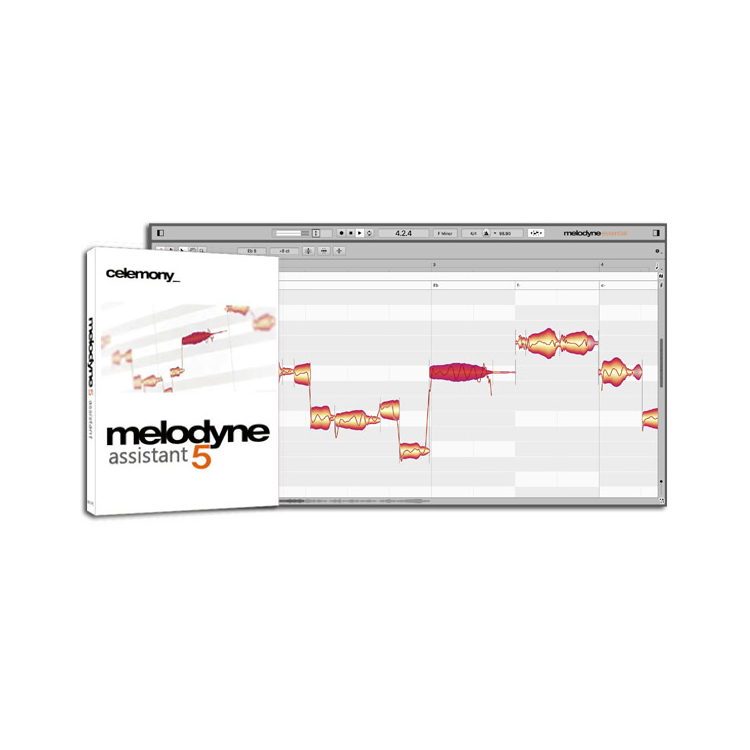











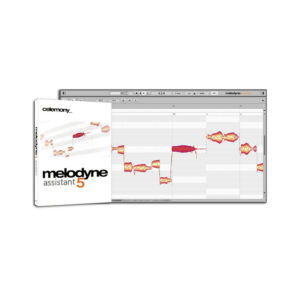

Reviews
Clear filtersThere are no reviews yet.